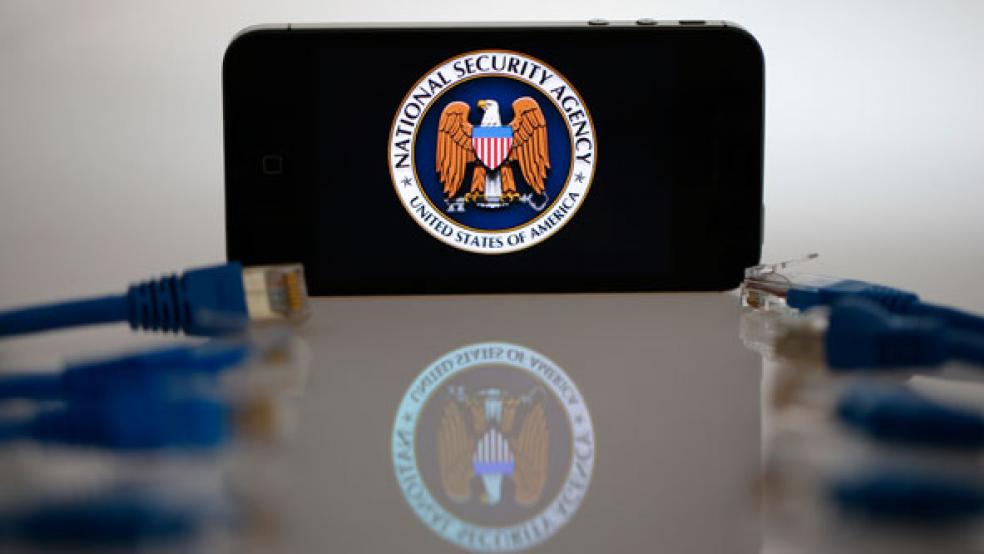The poll, conducted from Friday to Tuesday, found that few were completely untroubled by the news that the National Security Agency has been secretly monitoring telephone and Internet activity of millions of Americans.
More than one in three of those surveyed said the activity was completely unacceptable. Others sought a middle ground, saying the government needed to balance national security with personal privacy and explain why the activity was necessary.
"I like to believe that everything they're doing is in the national interest," said Minneapolis waiter Stephen Johansson, 25. "But I think it should be something that has to be explained rather than just done."
The online poll of 835 Americans has a credibility interval of plus or minus 3.9 percentage points. About 35 percent of those surveyed said the NSA's collection of domestic phone records should be acceptable under only limited circumstances while another 13 percent said it would be acceptable under most circumstances.
Some 47 percent said they would prefer the NSA not review their phone records but would find it acceptable if the agency had a good reason to do so. A similar proportion, 44 percent, felt that way about Internet activity. Many questioned what the NSA would gain from collecting data on such a wide swath of communications activity.
"Why do you want to track a couple of cell phone calls from some grandmother in small town South Dakota? They have to narrow the scope a little bit," said Greg Allis, 56, who owns a lawn-care business in Sioux Falls, South Dakota.
Others were less willing to give the government some leeway. Some 37 percent said there would be no acceptable reason for the NSA to review their phone records. When it came to Internet activity, that proportion rose to 44 percent.
"It invades my rights. It's like Big Brother taking control," said Brad Marechale, 48, a retiree from Omaha, Nebraska.
Only 6 percent of those surveyed said the NSA's collection of detailed phone records was "completely acceptable." Some 17 percent said they would have no problem with the NSA reviewing their phone records, and 13 percent said they would not object to a review of their Internet usage.
For these respondents, the need to fight terrorism trumped any notions of privacy.
"It's such a horrible evil that we've got to change our way of thinking and be more adjustable in what we do," said Carol Wong, 67, a retiree from McKinney, Texas.
Others said civil liberties were far down their list of concerns.
"Tracking my phone calls is not as big of a deal as the fact that I don't have paper and pens in my classrooms," said Ashley Grimaldi, 28, a high school teacher from West Norriton Township, Pennsylvania.
She said the government surveillance "doesn't give me warm fuzzies, but it also doesn't make me hate my government."





